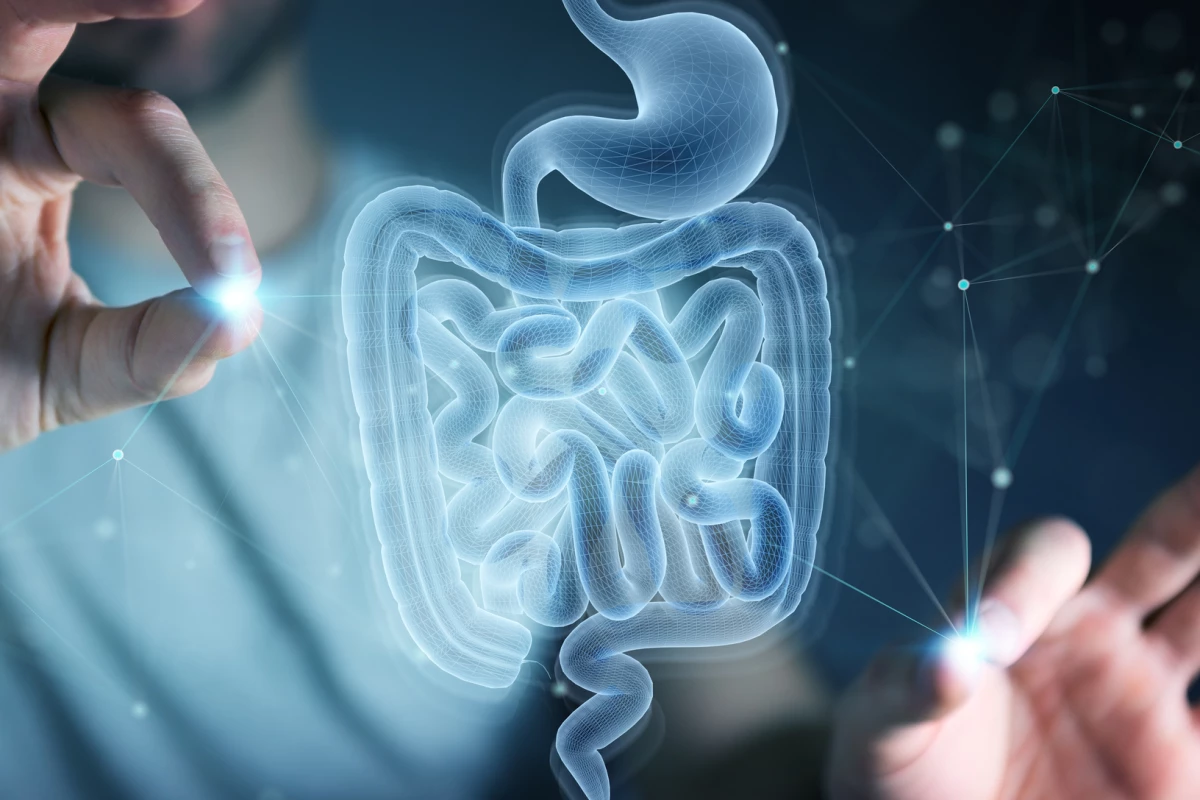Scientists from the UK and Italy have found fecal transplants from old mice to young mice result in the younger animals displaying learning and memory impairments. The findings build on a growing body of research linking age-related cognitive decline with gut microbiome changes.
"Research has shown that the aging process may be linked with age-related changes in our gut microbiota,” says David Vauzour, co-senior author on the new study. “Recently, the existence of two-way communication between the gut and the brain – known as the 'gut-brain axis' – has emerged as an important player in shaping aspects of behavior and cognitive function.”
Research has uncovered a number of intriguing links between the gut microbiome and the brain. Depression, memory and even personality traits have all been found to be somewhat associated with our gut bacteria.
However, the causal relationship between the microbiome and the brain is still deeply unclear. We do know that changes in the brain can influence changes in the microbiome. Experiments inducing strokes in mice, for example, were found to subsequently alter bacterial populations in the gut.
On the other hand, we've also seen metabolites produced by gut bacteria traveling up into the brain and exacerbating neurovascular disease. So it seems increasingly clear the gut-brain axis is both incredibly complex and deeply bi-directional.
The new study set out to investigate the effects of transferring gut microbes from old to young mice, with a focus on age-related signs of cognitive decline. The hypothesis was that if the microbiome plays a role in age-associated shifts in cognition, then some kind of decline should be seen in young mice when they are administered a fecal transplant from older mice.
A group of young (three-month-old) mice were first treated with antibiotics to eliminate their gut microbiome, and were then administered a fecal transplant collected from a small group of 24-month-old mice. A barrage of metabolic, cognitive and behavioral tests followed.
Following the fecal transplant, the study says the young mice displayed no changes to explorative behavior, locomotor activity or markers of anxiety. However, the mice did display impairments to memory and spatial learning, evaluated by a maze test.
The researchers also noted the fecal transplant changed the expression of proteins known to be associated with synaptic plasticity and neurotransmission in the hippocampus. It has been previously shown that age-related deteriorations to spatial learning and memory can be linked to deficits in the hippocampus, so this finding is certainly fascinating.
“The procedure had an impact on the expression of proteins involved in key functions of the hippocampus – an important part of the brain that has a vital role in a variety of functions including memory, learning but also in spatial navigation and emotional behavior and mood,” explains Vauzour. “In short, the young mice began to behave like older mice, in terms of their cognitive function.”
It is still very early days for this field of study but there are some promising signs that modulating the microbiome could help maintain cognitive health in one’s senior years. Just last year a drug derived from marine algae was approved in China to treat cognitive decline in mild to moderate cases of Alzheimer’s disease. The drug purportedly works by remodeling the gut’s microbial population to subsequently reduce neuroinflammation associated with cognitive decline.
Claudio Nicoletti, co-senior author on the new study, suggests his research builds on the growing body of evidence affirming the role of the gut-brain axis in aging. He says it is too early to claim fecal transplants as some kind of cognitive fountain of youth, but the study does confirm the connection between the microbiome and general age-related cognitive deterioration.
"While it remains to be seen whether transplantation from very young donors can restore cognitive function in aged recipients, the findings demonstrate that age-related shifts in the gut microbiome can alter components of the central nervous system,” says Nicoletti.
The new study was published in the journal Microbiome.
Source: University of East Anglia




